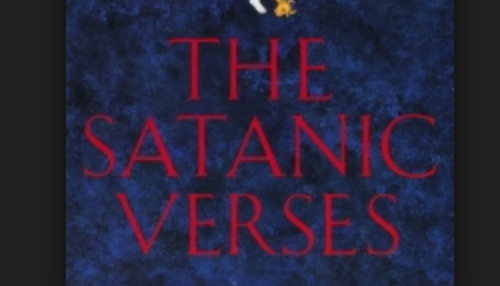Joan Smith begins her Independent piece on Leveson by observing that we may not all have the same definition of ‘freedom’.
We all believe in a free press, don’t we? But if I’ve learnt anything over the course of the Leveson inquiry, it’s that it means different things to different people.
Freedom is certainly a contested concept. In Patriarcha (published posthumously in 1680, but written before the English Civil Wars) Robert Filmer pours scorn on those:
‘who magnify liberty as if the height of human felicity were only to be found in it, never remembering that the desire of liberty was the first cause of the fall of Adam.’
His contemporary Milton (in his 1650 Tenure of Kings and Magistrates) invokes Adam to make a very different point about freedom:
‘No man, who knows aught, can be so stupid to deny, that all men naturally were born free, being the image and resemblance of God himself.’
Milton is using the same rhetorical technique as Hacked Off’s Brian Cathcart does here.
‘No serious person believes that the Leveson recommendations on press regulation pose any threat to freedom of expression.’
And the Leveson debate generally seems characterised by people taking particularly uncompromising positions, painting the other side as either evil or stupid. This is not always an effective debating strategy as it makes it too easy to think of counterexamples. Despite Cathcart’s assertion, I’ve read good pieces opposing the Leveson recommendations by Kenan Malik, Padraig Reidy and, this morning, Nick Cohen, writing in the Observer. This section of his article particularly struck me:
Leveson said that publishers that do not register with his quango would face exemplary damages in the courts if they lost. The Labour party wants to say that even if a publisher is successful in court it will have to pay “all the costs of proceedings”. Even if you win, you lose.
Going back to Joan Smith’s piece, I share her dislike of the way women are portrayed in some sections of the media, and I also agreed (uncharacteristically) with many of the points Inayat Bunglawala raised about anti-Muslim bigotry in the tabloids when he gave evidence to the enquiry. But on balance I’ve been more convinced by the arguments of those, like Kenan Malik, who have serious misgivings about the Leveson proposals. Here is the conclusion of his excellent essay:
‘The image of Murdoch, Lord Rothermere, Paul Dacre and the Barclay brothers wrapping themselves in the flag of liberty is’, Hacked Off’s Brian Cathcart observes, ‘as repulsive as it is amusing’. Indeed it is. But the reason that the likes of Murdoch, Rothermere, Dacre and the Barclays brothers are able to do so is that liberals and radicals have already cast away that flag. They have vacated the space of free speech, allowing reactionaries to occupy it. In this the debate about press freedom mirrors that of free speech more broadly. There, too, reactionaries like Dutch politician Geert Wilders and the French Front National leader Marine le Pen have been able to promote themselves as martyrs to free speech. Why? Because liberals and the left have effectively given up on freedom of expression, taking to demanding more regulations and restrictions on unacceptable speech. Let us not repeat that mistake again.


